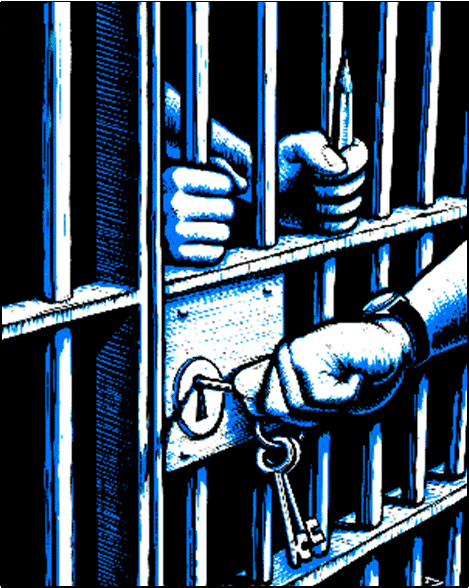
Denying Free Will and Punishing Suspects
Alexander Trachsell, University of Toronto
This paper investigates the implications of rejecting free will for criminal justice. Many understand free will as the level of control agents must have over their actions to non instrumentally deserve blame/praise/reward/punishment for them. Thus, if we do not have free will, we must seek models of criminal justice that do punish/incarcerate criminals because they deserve it. For example, Gregg Caruso and Derk Pereboom’s quarantine model argues that criminals threaten society and so our right to self-defence justifies incarcerating them. This paper contributes to Caruso and Pereboom’s project by developing a specific, plausible account of what it means to be a threat. However, I argue that, on this account, non-criminals and mere suspects can qualify as threats because they can be significantly likely to do substantial harm in the future. Thus, I conclude that the quarantine model justifies harming mere suspects. Although this may make some hesitant to adopt the model, I ultimately support the quarantine model. After all, to pose a significant threat simply by being a suspect, one likely already possesses traits that warrant detention. Additionally, the quarantine model only justifies a rehabilitative, minimally harmful type of incarceration, ensuring that convicts are not significantly harmed.
Alexander is an undergraduate philosophy major starting his MA in philosophy next year. He enjoys studying free will, applied ethics, meta-ethics, and conceptual engineering. Specifically, he is interested in the moral and psychological ramifications of rejecting certain traditionally accepted concepts, such as objectivity, free will, and moral responsibility.

